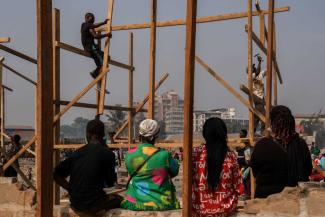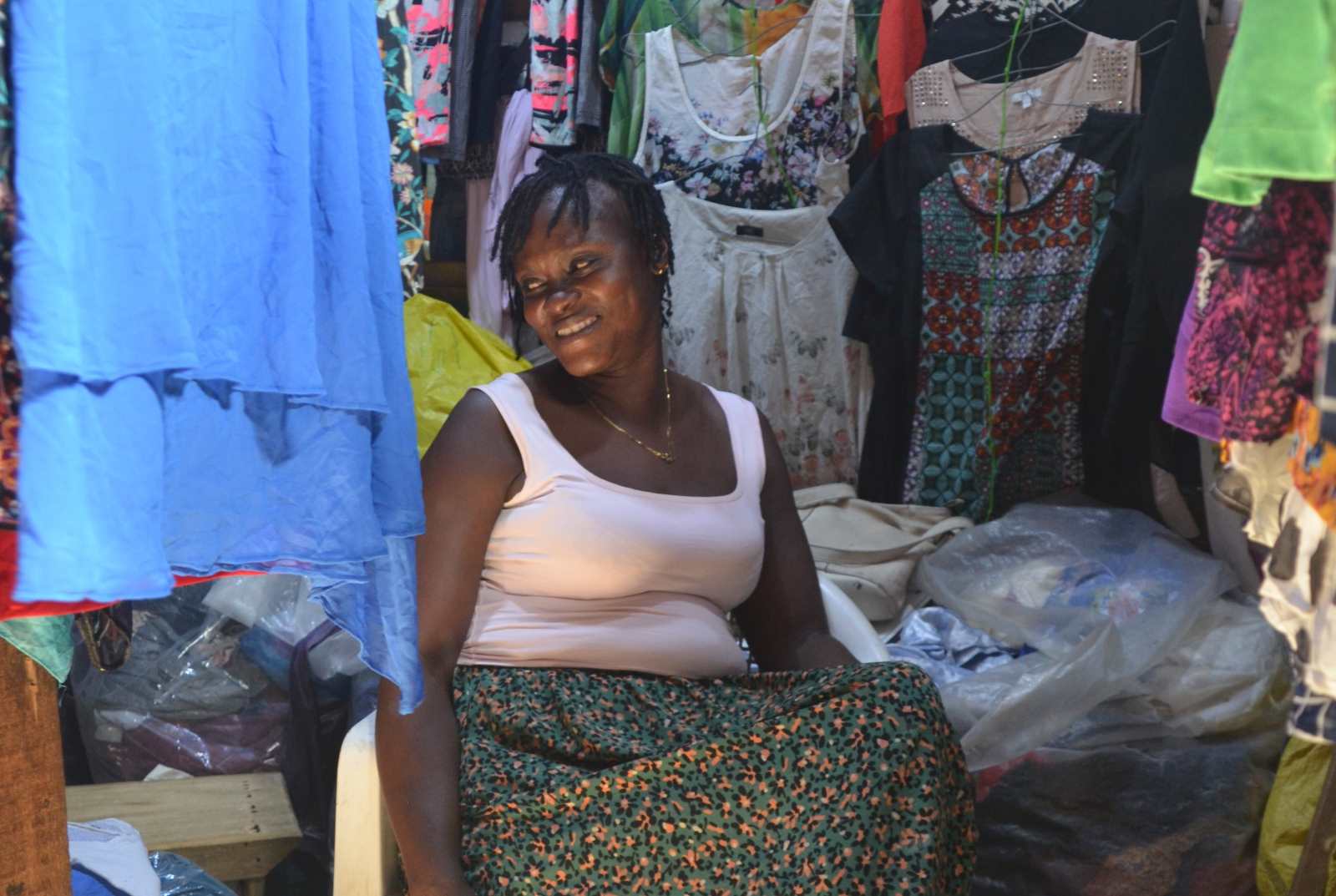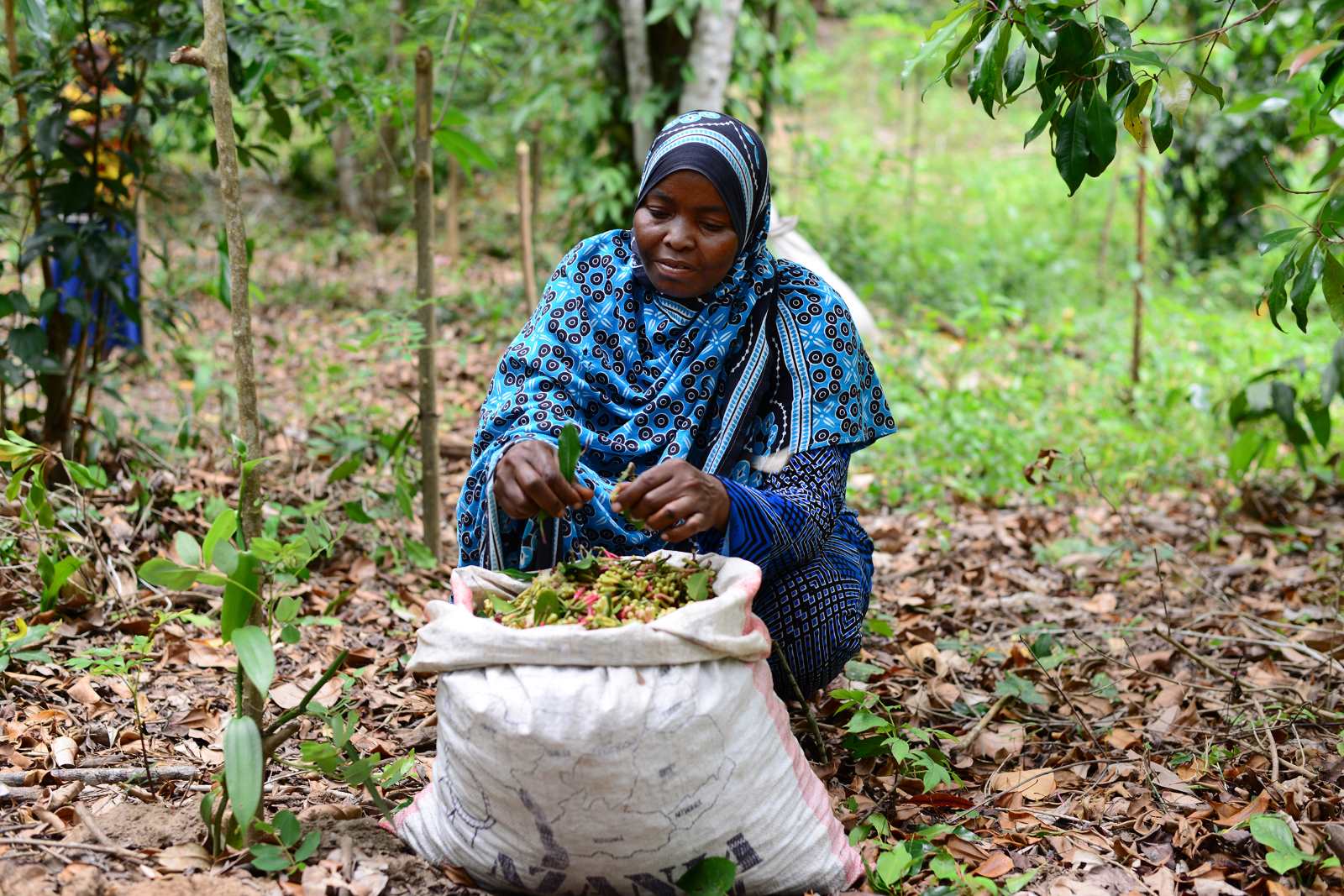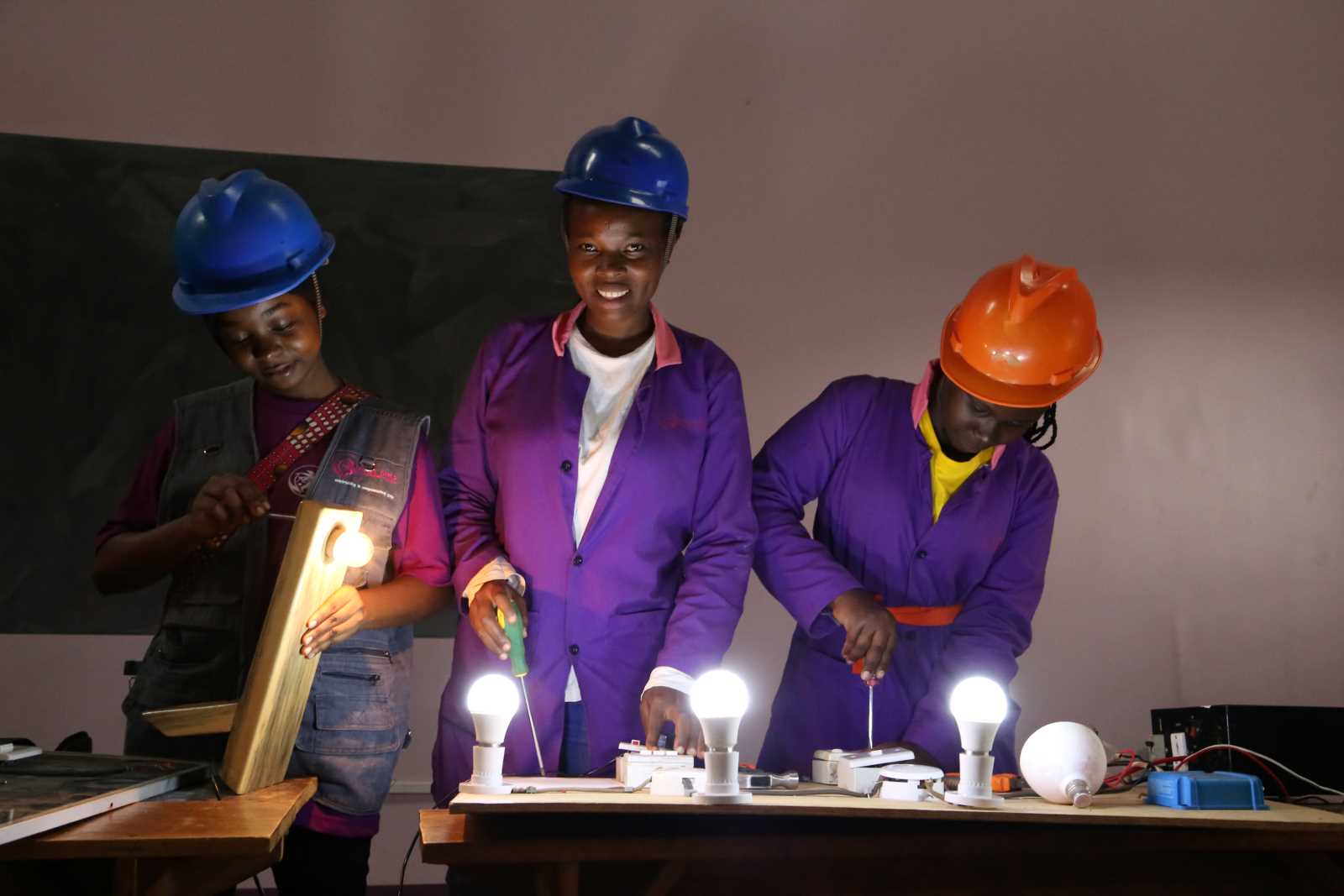Informal market
Up in smoke: Ghana’s Kantamanto market

Reconstruction started immediately, by the traders themselves. On the one hand, this is proof of people’s resilience. On the other, it may spell future problems, as safety and other important issues are likely to be neglected once again. To build fast often means to build without comprehensive planning and little respect for regulations, and that is a recipe for the next disaster.
Indeed, the market’s infrastructure was seriously flawed, not only in regard to preventing fires. The roofing was poor, so clothes got wet when it rained, and huge puddles turned pathways into ponds.
Kantamanto provides livelihoods to more than 30,000 people in normal times. They depend on their daily work. Immediate needs therefore trump long-term concerns. The Or Foundation, a civil-society organisation which focuses on improving livelihoods in Kantamanto has promised $ 1 million for reconstruction purposes. The money was meant to serve other purposes, of course, but it is now needed to restart the market. To a considerable extent, it will support individual businesses in desperate need.
In 2020, an earlier fire had devastated Kantamanto. One of the Or Foundation’s beneficiaries at the time was John Opoku Agyeman, an entrepreneur who had been running a fashion brand with remanufactured textiles, but lost his machinery to the flames. As is typical of informal businesses, he lacked insurance coverage, but he teamed up with others to form a self-help group and collected money. Emergency funding from the Or Foundation was most helpful. John’s brand is in business again thanks to two new sewing machines.
Susanne Giese is a freelance development consultant based in Accra.
susanne.giese@arcor.de














